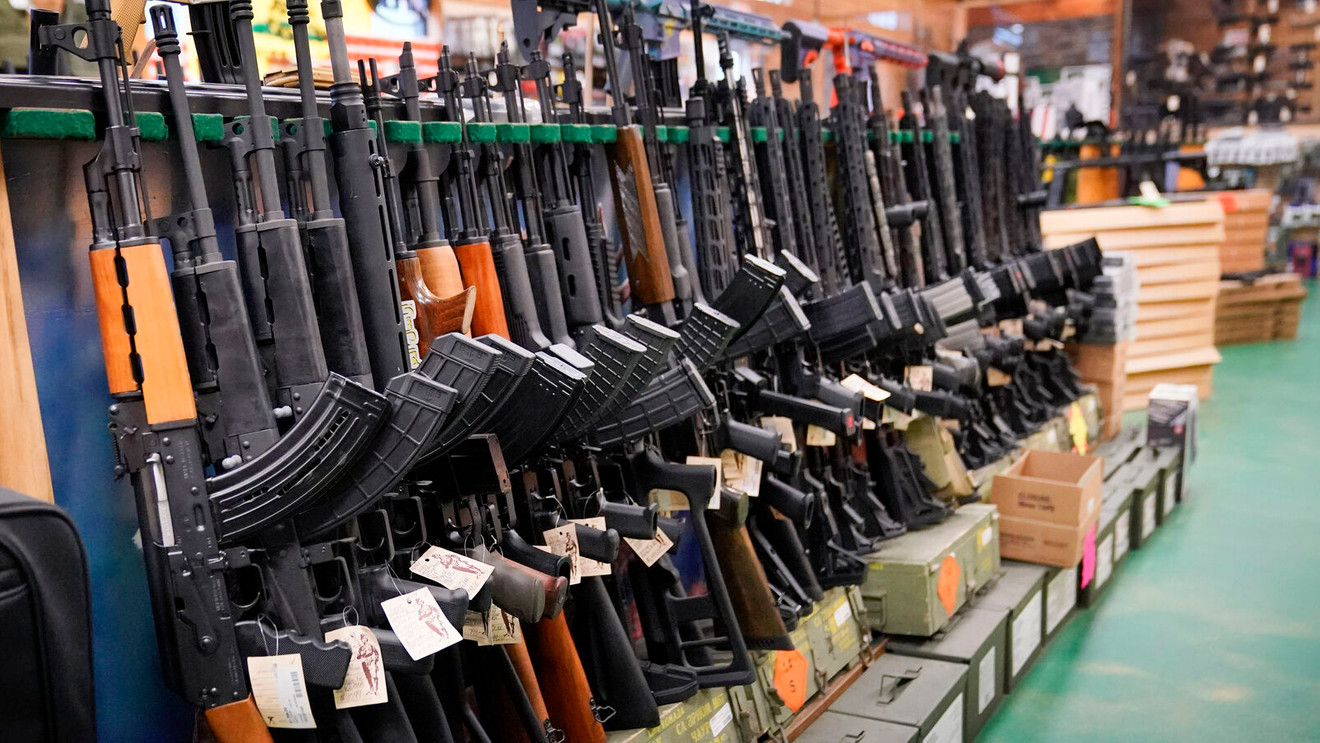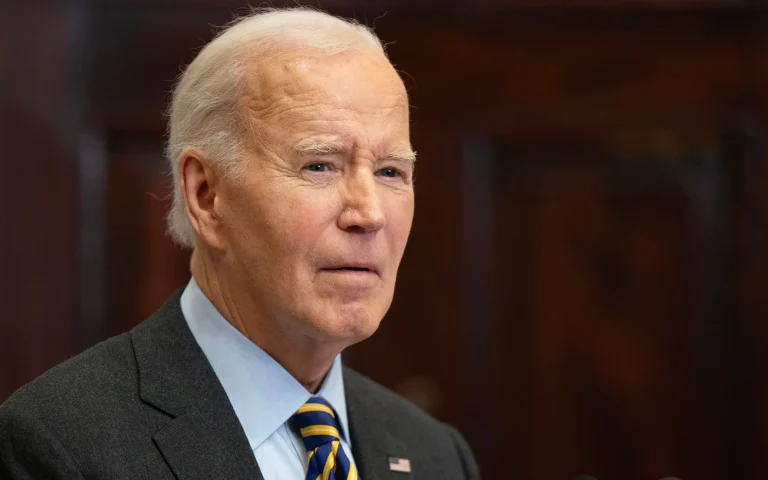Supreme Court Sides with Gunmakers in Mexico’s $10B Lawsuit
Gun manufacturers in America have received a big legal boost through a decision from the U.S. Supreme Court, wherein the court unanimously upheld that the Mexican government has no legal right to attach the blame on them for gun violence across the border.
The court’s resolution means that Mexico’s $10 billion lawsuit against companies such as Smith & Wesson and alike – who nowadays even publicly disclose divisions or segments of their companies, and patently open or semi-openly engage in the export trade of bullets and guns with some countries – has reached the finish line.
What Was Mexico’s Argument?
Mexico had filed a lawsuit against U.S. gun manufacturers over the vast number of violent deaths currently taking place in the latter’s country.
The basis of their argument was guns made by Americans and sold deliberately to retailers who are in the know and then made available to criminals, something collectively known as ‘straw purchases’. These guns, thus, are transported to Mexico and employed in the commission of terrible crimes. The Mexican Department of the Interior of Public Security states that around 200,000 firearms are being transported illegally across the border every year, and approximately 90% of the arms used in violent crime can be linked back to the United States. It was in the center of the case of them that the producers of such guns let them go too freely along the wrong transfer route and then in the wrong hands.
Why Did the Court Say No?
Despite the fact that the statement has shown the degree of anxiety beyond reasonable doubt, and the statistics given have been really surprising, the Supreme Court just didn’t find Mexico’s arguments entirely sound enough legally to take the lawsuit forward. Justice Elena Kagan, who read the court’s opinion, laid down the law in saying that in order to charge someone with aiding and abetting, it had to be proven that this person committed an act of helping in the commission of a crime on purpose—and actually meant to do so.
The justices remarked that Mexico’s claim was too nonspecific. They did not point out any of the retailers and were silent on the gun seller’s knowledge of the transaction details. Furthermore, the lawsuit ignored a very crucial aspect, i.e., that the manufacturers have no direct selling to the gun stores but through distributors who in turn supply the retailers. That was an extra layer that the gunmakers and any criminal wavelength, if indeed there was one, could not directly be connected.
“Mexico in the case at bench has not put its finger on a favorite target in the aiding-and-abetting field, to wit, any specific criminal transaction that the defendants have allegedly facilitated,” as Kagan put it. In other words, there are no links between the manufacturers and definite acts of gun smuggling.
What Is the Law’s Position on Gunmakers’ Liability?
The major part of the decision is based on The Protection of Lawful Commerce in Arms Act, a federal law enacted in 2005. The act offers immunity to the manufacturers and the dealers from any liability when sued for illegal product use—provided, of course, there is no contribution from a breach of federal and state laws by the company in the course of gun sales and that the breach has directly led to the harm caused.
The court reasoned that Mexico failed to meet this requirement. The time of the original gun (exit) sale and the crime that was committed in Mexico were too far apart to be able to hold anyone liable in any common sense manner.
How Did the Court Respond to the More General Legal Discussion?
It is of note that the court, surprisingly, gave recognition to Mexico’s battle with gun violence through a statement. The judges did not ignore this serious social problem. They simply stated that making American gun manufacturers responsible for acts of strangers in another country committed years apart was taking legal responsibility to an unreasonable length.
During the hearing gunmakers brought to the forefront various illegal activities happen between the sales of a gun and its final use in Mexico – like, for example, using other people’s identities to buy the guns and carrying them across the border. These small felonies, they said, are the reason it is impossible to put the blame on the ones who make the guns.
Mexico’s Call
Mexican government’s lawyers hit back at one point with the fact that the gun providers were talking of the violence as if they were bound to see it coming. They went on to say that these gun companies keep the profitable connection between the two countries very much alive, and, without doubt, Mexico got the sincere end of the stick. However, the court could do nothing but reject Mexico’s plea without hard evidence that manufacturers were involved in the sale itself.
The Final Answer: No Facts to Implicate Gunmakers in the Case
The decision of the Supreme Court signals that the law does not give much room for holding companies accountable for the way their products are misused, particularly to commit crimes, being the last link in a chain of illegal activities. Despite the concerns raised by Mexico, the absence of evidence that specifically connects manufacturers to the illegal sales and the legal immunity granted to the gun makers in the U.S. made this a difficult case to prosecute.
In summary, the Supreme Court made it clear that as long as a gun manufacturer has not been openly involved in and aware of the law being broken, he/she/it cannot be litigated against for the offenses that have been committed with his/her/its goods—well, especially the crimes that have been committed by the people who were somewhere far away from the sales outlet in the first place.
That way, Mexico’s lawsuit is currently over. But the fight against gun trafficking and its effects on the different countries? That’s still on.







